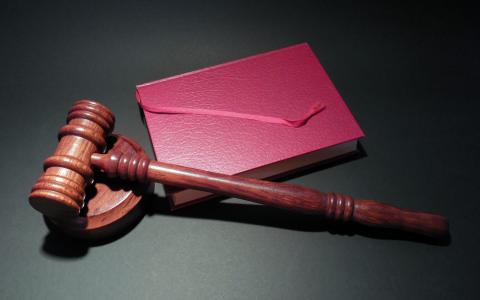
(Bloomberg) - JPMorgan Chase & Co., UBS Group AG and other global banks are subject to U.S. jurisdiction for allegedly manipulating the London Interbank Offered Rate, the federal appeals court in New York ruled.
A three-judge panel ruled Thursday that U.S. courts can exercise “conspiracy jurisdiction” over the banks if other members of the conspiracy took steps to advance the scheme from within the U.S. The appeals court reversed a 2016 ruling by U.S. District Judge Naomi Reice Buchwald, who dismissed claims on the ground that her court lacked jurisdiction over the bank defendants.
Buchwald is overseeing a multidistrict litigation that includes dozens of antitrust suits by institutional investors, including municipalities and public pension funds, alleging Libor manipulation. Though many of the 16 defendant banks are headquartered in the U.S., they participated in setting Libor routes through their membership on a panel of the British Bankers’ Association.
But the appeals court pointed to evidence that senior executives based in the U.S. directed employees involved in alleged Libor manipulation. The judges cited an email in which a New York-based JPMorgan Chase executive allegedly told the bank’s Libor submitter to “err on the low side” when setting the rate and stressed the importance of staying in “the pack.”
In another email cited by the appeals court, a U.S.‐based employee of Citibank allegedly told the bank’s Libor submitter that “we should take a leadership [role] in bringing these Libors back to more sensible levels.”
“Plaintiffs have alleged overt acts taken in the United States to advance the suppression conspiracy; at this stage of the litigation, that is enough to establish personal jurisdiction,” U.S. Circuit Judge Richard Sullivan wrote on behalf of the three judges.
The jurisdiction decision is a win for plaintiffs, but the appeals court ruled against the investors in upholding Judge Buchwald’s decision that Charles Schwab Corp. and a group of bondholders who purchased Libor-related bonds from third parties lacked the legal standing to pursue antitrust claims against the banks.
The case is In re LIBOR-Based Fin. Instruments Antitrust Litig., 17-1569, Second U.S. Court of Appeals (Manhattan).
By Bob Van Voris



